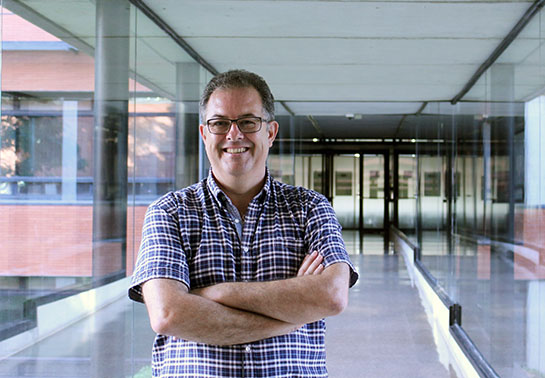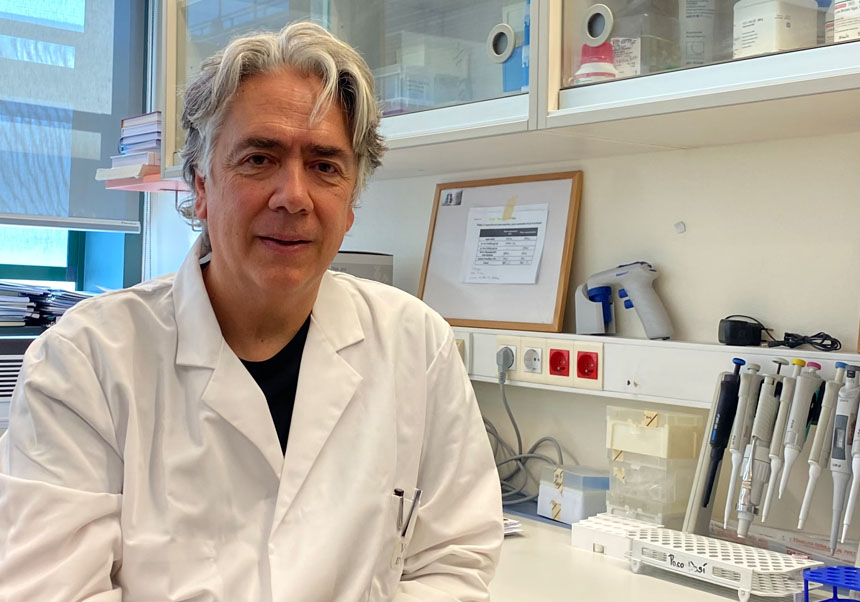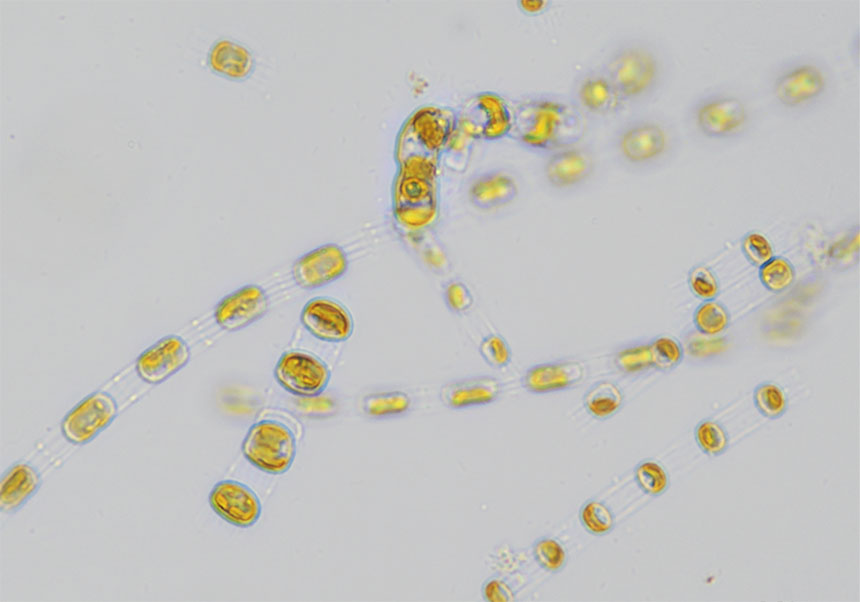Carlos Lacasta (IFIC) is the new scientific secretary of the European Committee for Future Accelerators (ECFA)
- Fundació Parc Científic
- September 12nd, 2018

Carlos Lacasta Llácer is a researcher in the Institute for Corpuscular Physics (Universitat de València/CSIC). He is the new scientific secretary of the European Committee for Future Accelerators (ECFA). He is the second in command of the organization that is defining the next European Strategy of Particle Physics. It will be decisive for the future of the discipline in the European continent.
The researcher Carlos Lacasta Llácer of the CSIC in the Institute of Corpuscular Physics (IFIC), the Centre for Excellency Severo Ochoa of CSIC and the Universitat de València is the new scientific secretary of the European Committee for Future Accelerators (ECFA). This is the second position in command of this Committee that was founded in 1963 and gathers the European Scientific Community that uses particle accelerators in the continent, especially the Large Hadron Collider (LHC) of the CERN. He will be taking office for three years in which the Committee will have to design the new European Strategy for Particle Physics. It will be the roadmap that will indicate the priorities of the discipline in the 2030s and will decide the accelerator that will substitute the LHC.
The European Committee for Future Accelerators was created in 1963 to plan the infrastructures for a long-term research on particle physics in the continent. It acts as a contact with the participant countries (22 members of the CERN and some associates) to ease the access of the scientific community to them. They are mainly particle accelerators, which are large facilities where subatomic particles are accelerated at high speed to study the constituents of matter. Among them, there is the biggest and more powerful particle accelerator in the world: the Large Hadron Collider of the CERN in Geneva (Switzerland).
ECFA is formed by the president, currently Jorgen D’Hont (Belgium), the Scientific Secretary and two consultative, plenary and restricted bodies. Carlos Lacasta (València, 1966) has been named scientific secretary and second in command of ECFA. At the same time he has been renewed as the Spanish representative in the Restricted ECFA, which assesses the executive board and contacts with the countries that are members of the CERN in terms of scientific research of particle physics. Additionally, Lacasta is still one of the Spanish researchers that are part of the plenary council of the ECFA alongside with Juan Fuster Verdú (another researcher of the IFIC), Caterina Biscari (director of the synchrotron ALBA), Juan Alcaraz (CIEMAT) and Luis Ibáñez (IFT, CSIC/UAM).
Lacasta is in charge since last July and will work as the associate director of ECFA during three years in a period in which the European scientific community in particle physics is defining the priorities of the field for the 2030s, the future European Strategy of Particle Physics. Then, the HiLumi LHC, which is the improved version of the current accelerator of the CERN for the 2025-2030 period, will be stopped and a new particle accelerator in Europe will replace it. The CERN currently has two projects. The first one is for building the International Linear Collider (ILC). The second one consists in building a new circular accelerator much bigger than the LHC (FCC), from 80 to 100 kilometres of circumference (the current tunnel has 27 kilometres).
ECFA is one of the pillars of the future European Strategy of Particle Physics. The process was started by the Council of the CERN and the directors of the main European laboratories, among others. The scientific communities of each country and area that are involved on this Strategy (particle physics, Astroparticle physics and nuclear physics) are currently defending their strategies. They will be sent to the group that coordinates the process and will be shared in a meeting in Granada in May 2019. Then, the agreed strategies will be included in the roadmap of particle physics in Europe. This process is expected to be finished by spring 2020.
More information:
File in: Física
















